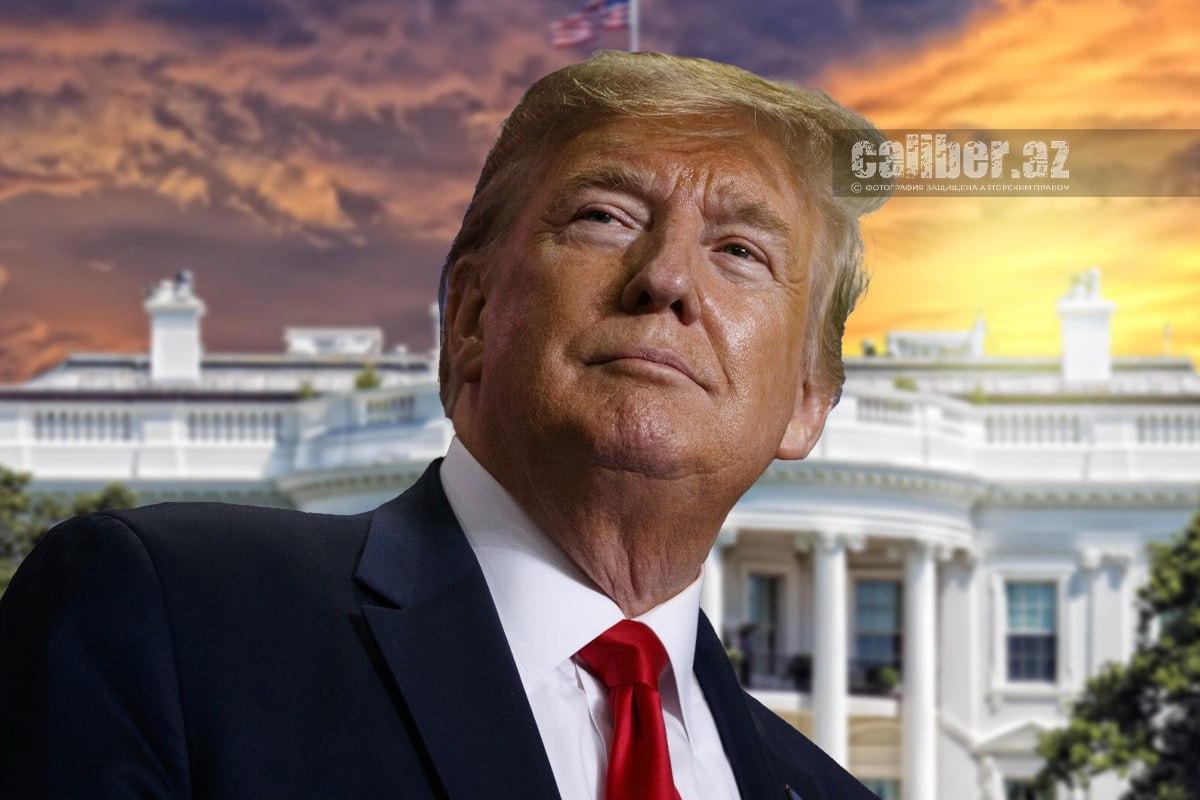Democrats ready to leave Israel defenceless: Just to annoy Trump? American experts on Caliber.Az
The U.S. Congress has rejected President Donald Trump's request for a $1 billion arms shipment to Israel, according to The Hill. Democratic congress members used their right to block arms sales deals exceeding a set threshold. Earlier, President Trump had asked Congressional leaders to approve a new arms shipment to Israel worth one billion dollars.
As reported by The Wall Street Journal, Israel was expecting a delivery of 4,700 bombs, each weighing one ton (2,000 pounds) and valued at $700 million, as well as several armoured bulldozers worth $300 million—items that Israel had long requested. However, these deliveries were delayed due to restrictions imposed by Democrats in 2024, after Israel, despite warnings from the White House at the time, took control of Rafah.
The key question remains: why did Democratic congress members respond with a refusal? Is it simply a reflection of their well-known opposition to anything associated with President Trump, or are the Democrats taking a more critical stance against Israel?
Renowned American experts have shared their insights on this issue with Caliber.Az.

Analyst, publicist, and professor Grigory Ioffe believes that this is a manifestation of the previously mentioned stance of being "against Trump on everything."
"At least under Biden, the Democrats never rejected anything like this in Congress. It is the executive branch, under Biden, that imposed the restrictions. Now, emotions have been heightened by Trump's very successful offensive on all fronts, particularly through the efforts of the Department of Efficiency in the Executive Branch, led by Musk. The Democrats are responding with what they can. Trump's initiative for arms shipments has not been rejected, but rather put on hold in line with the rule where four congress members and/or senators, who are part of the relevant committees in their chambers, can suspend the decision for further review and/or to get answers to questions from the executive branch. Trump may find a legal way to bypass this delay. This is exactly what happened in 2019 with the arms shipments to Saudi Arabia and the UAE," suggests Professor Ioffe.

Geopolitical and security expert, as well as the editor-in-chief of The Washington Outsider, Irina Tsukerman, stated that the actions of the Democratic congress members indeed reflect the broader polarization in U.S. politics, both in relation to Israel and to Trump himself.
"However, that’s not all. In addition to the fact that Trump himself worked on politicizing the U.S.-Israel relationship by claiming that he was the only or best friend of Israel, while Democrats were its enemies—something that inevitably sparked discontent and negative reactions—there is also an active minority within the Democratic Party that openly sympathizes with hostile forces, including Hamas, the Muslim Brotherhood, and even Iran.
Others fully understand the security scenario and the threats to Israel, but feel obligated to respond to the views of their constituents in heavily populated Muslim or Arab-American districts. However, the most important point is that this response is a direct reaction to Trump's controversial proposal regarding the capture of Gaza. I doubt that anyone in Congress seriously takes this idea or believes that Israel or Trump has the means or intention to carry out a mass evacuation or mass deportation. However, the response signals dissatisfaction with what they consider to be Trump’s dangerous and misguided rhetoric, as well as a lack of concern for the people of Gaza. It is also a nod towards the Arab state lobby, which has expressed strong concern about its own security and the obvious threat to the Palestinian cause resulting from such comments," the expert explained.

Trump, she says, certainly has the option to break his proposal into several parts in order to bypass technical restrictions, but the more serious issue is his apparent inability to unite Congress around common-sense considerations regarding the security of key allies.
"Instead, Trump actively alienates Democrats through incendiary rhetoric and direct defamation of anyone who opposes him, thereby delegitimizing any support Democrats might be willing to offer his proposals. Moreover, the backlash is clearly also fueled by other controversial projects of his, such as freezing and dismantling USAID. Instead of mobilizing support for sensible reforms and gradually undermining these contentious projects, Trump seeks to push his political agenda by implementing all the changes he desires exclusively through executive policy, completely disregarding Congress's role and raising constitutional questions about potential overreach. The outrage stems not from the overall concept of reforming the agency (as the new administration is expected to bring order), but from who is involved, how, and the conflicts of interest, as well as the excessive politicization of the process under the guise of opposing politicization. Thus, this latest block of a significant deal, while seemingly unrelated, is also, to some extent, a signal for domestic policy," concludes Tsukerman.








